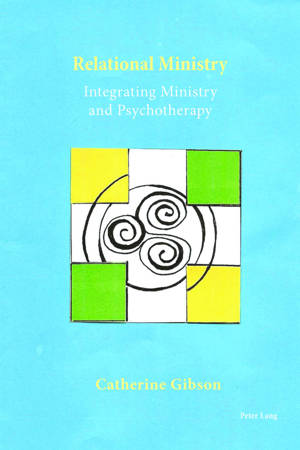
- Afhalen na 1 uur in een winkel met voorraad
- Gratis thuislevering in België vanaf € 30
- Ruim aanbod met 7 miljoen producten
- Afhalen na 1 uur in een winkel met voorraad
- Gratis thuislevering in België vanaf € 30
- Ruim aanbod met 7 miljoen producten
Zoeken
€ 75,95
+ 151 punten
Omschrijving
Historically, the relationship between religion and psychotherapy has been more negative than positive. Are there inherent contradictions between the two, or can advances in the area of mental health care offer insights that are useful for the work of those in ordained ministry? This book presents an analysis of the relationship between ordained ministry on the one hand and counselling and psychotherapeutic practice on the other. It draws on extensive interviews carried out with current and former clergy in three churches (the Roman Catholic Church, the Church of Ireland and the Presbyterian Church in Ireland) in order to clarify why some have stayed in ministry and combined it with psychotherapy, while others have left and continue their practice as psychotherapists. The book explores possible links between the sense of ministry in these two important areas of human experience - religion and psychotherapy - and goes on to investigate how combining these might lead to a different form of ministry.
Specificaties
Betrokkenen
- Auteur(s):
- Uitgeverij:
Inhoud
- Aantal bladzijden:
- 221
- Taal:
- Engels
Eigenschappen
- Productcode (EAN):
- 9783034322515
- Verschijningsdatum:
- 14/06/2016
- Uitvoering:
- Paperback
- Formaat:
- Trade paperback (VS)
- Afmetingen:
- 150 mm x 224 mm
- Gewicht:
- 340 g

Alleen bij Standaard Boekhandel
+ 151 punten op je klantenkaart van Standaard Boekhandel
Beoordelingen
We publiceren alleen reviews die voldoen aan de voorwaarden voor reviews. Bekijk onze voorwaarden voor reviews.







